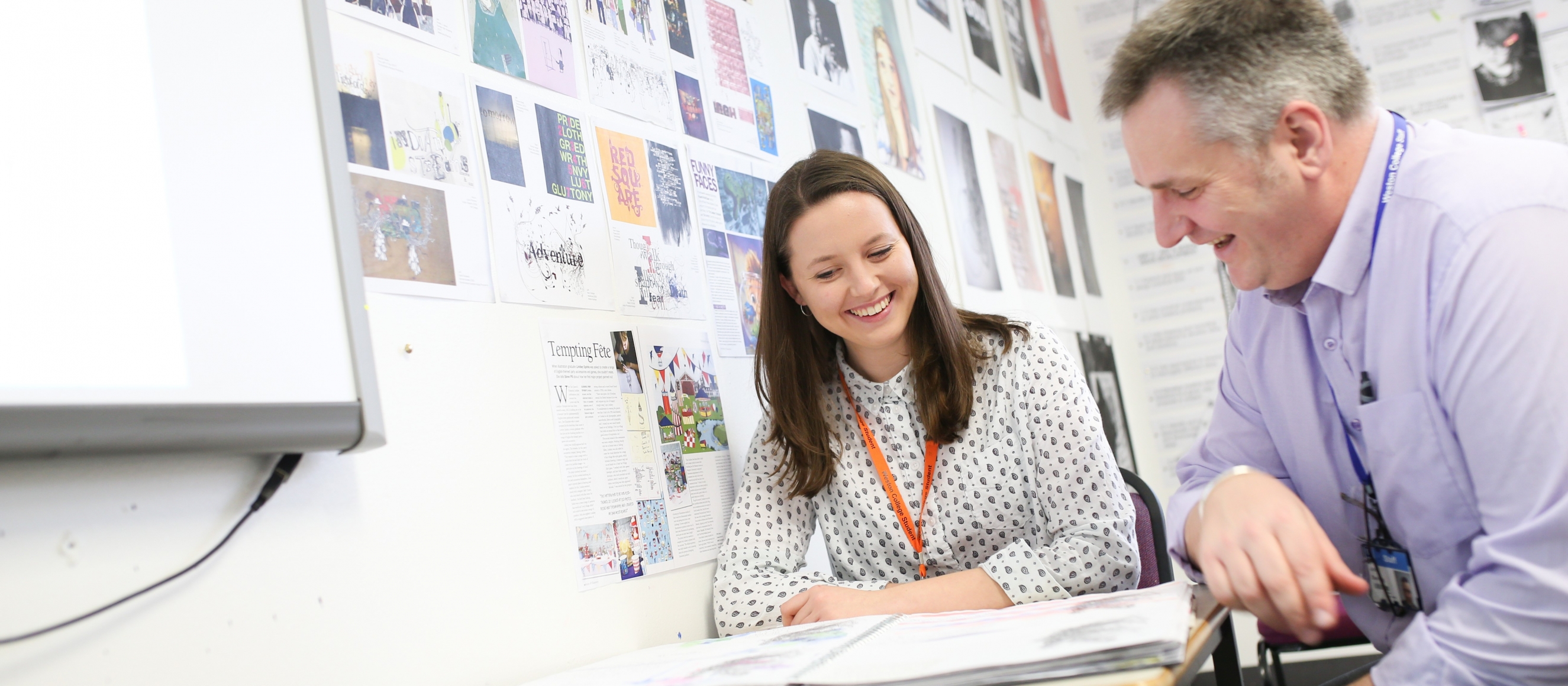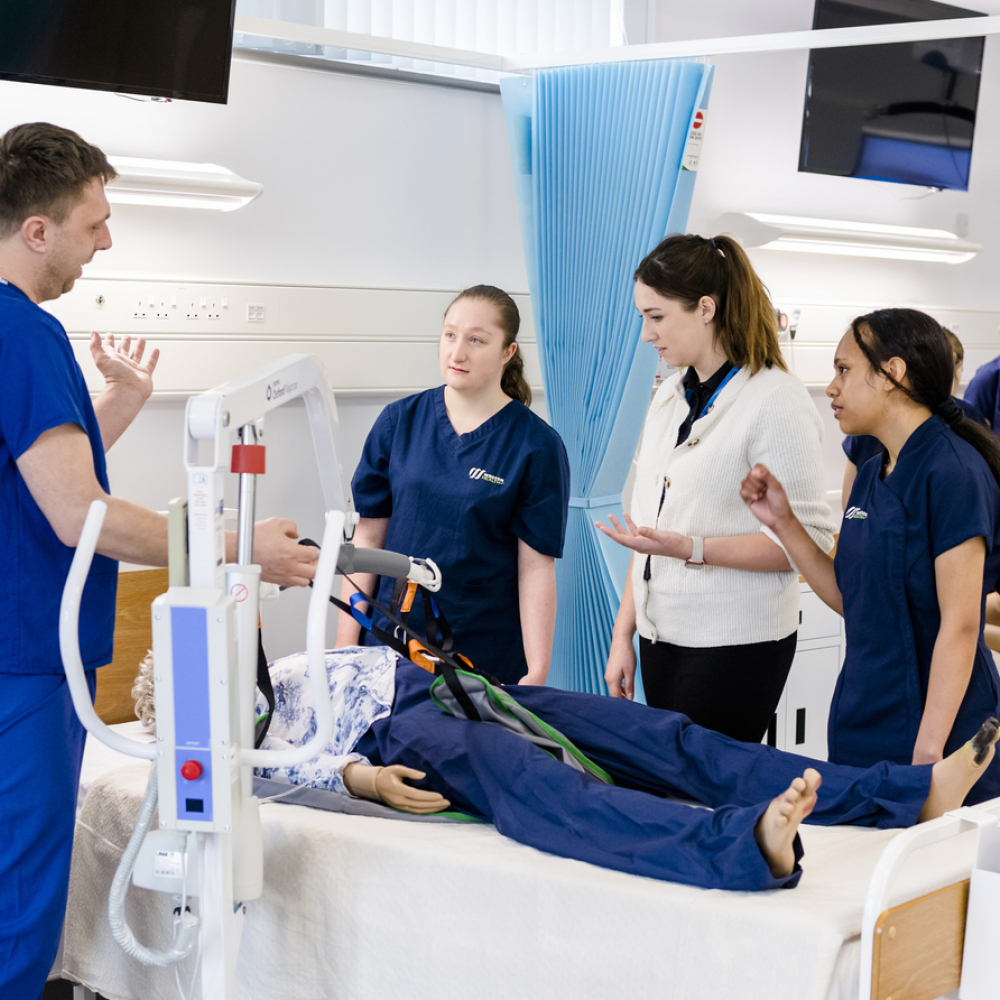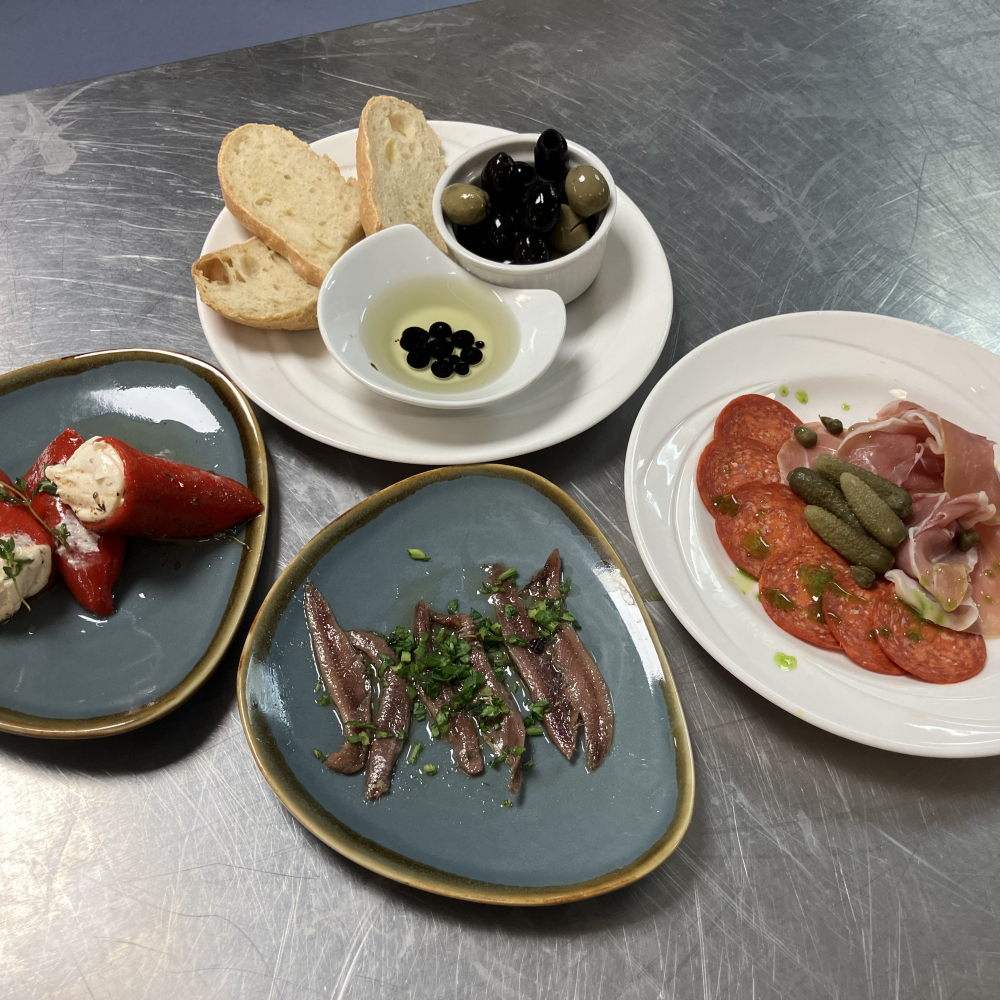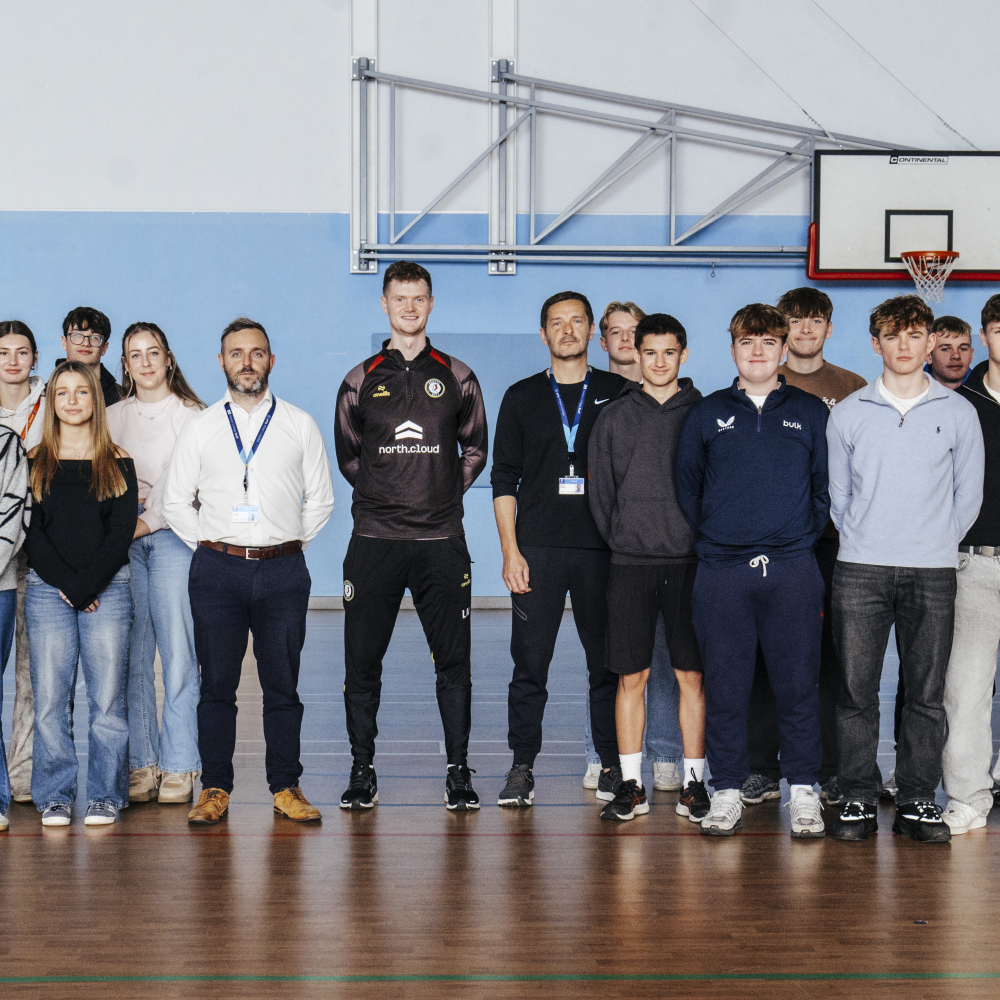
How To Write The Perfect CV

If you're looking to get a job, a CV is one of the most important and useful tools you can use. CVs are an overview of your work and study history that introduces you to the potential employer, giving them an overview of your abilities that will hopefully lead them to inviting you in for an interview or offering you a job.
Many employers nowadays use online application forms, but a CV is still useful as you can collect all of the relevant information in one place - which will help you memorise your key qualifications, skills and experience when it comes to an interview.
If you want to find out how to write the perfect CV, read on...
Things to include
First of all, think about the information you'll need to include. These should be the key things that make you the right person for the job. Many people have a 'standard' CV that they adapt depending on the role they are applying for, but every CV should include:
- Your details. This includes your name, address, email and telephone number. You don't have to include personal information such as your date of birth, gender, etc.
- Your background and key skills. Most CVs start with an introductory paragraph which tells employers who you are, what you're applying for and a bit about why you're applying for the role.
- Your work experience. Start with your most recent job and work backwards, including: the name of the employer, the dates you worked for them, the job title, and a list of your main duties. Focus on the relevant experience and list any voluntary work you've done. If the job you're applying for is your first job, think about work experience you took part in in year 10 or things you've done as part of your course that are relevant to the role.
- Your qualifications. Again, list the most recent qualifications first and work backwards, listing the qualification name, where you studied and the year you got the qualification. Bear in mind that employers might ask for copies of the certificates!
- Other information. List anything else that might be of interest to an employer, for example: computer literacy, languages you speak, achievements such as the Duke of Edinburgh award, driving licence, anything else that makes you the ideal candidate for the role.
- Your interests. Employers tend to employ people who they think will fit in with their business. Try to include interests that make you sound like a team player, and highlight interests that are relevant to the position you're applying for (for example, if you're applying for a job in catering, include that you're interested in food, cooking at home, etc.).
- References. Employers might want to contact a former employee or lecturer to ask whether they'd recommend you - particularly if this is your first job. If you don't want the employer contacting the references until you are offered the job or an interview, write: "References available on request."
Useful tips
Things you should do:
- Be clear, use headings, paragraphs and bullet points. This makes your CV easy to read. You can use a résumé template on Microsoft Word to help you with the layout.
- Choose a professional font, and try not to make the font too big or too small. Size 11 or 12 is perfect.
- Check the spelling and grammar.
- Keep it short. Employers have to read hundreds of CVs so you should aim for a maximum of two sides of A4.
- Adapt the CV to the job you're applying for.
Things you should avoid:
- Lying or exaggerating too much! The employer will find out if you don't have the skills or qualifications when your aren't able to perform the job as well as you made out. Similarly, being too modest is also a bad thing!
- Embarrassing email addresses. Before you start on your job search, you should set up a 'professional' email - it'll give the employer a better impression than the email you set up when you were younger!
- Don't over-design it. The best CVs are easy to read and follow a consistent format (that means no images, coloured text, borders, etc.).
Want some help?
If you're putting together your CV but are feeling stuck, our expert progression team is on hand to help you out. The team is based primarily at the Knightstone Campus, but drop-in sessions are held weekly at Loxton and South West Skills, and they are always contactable by email or over the phone.





